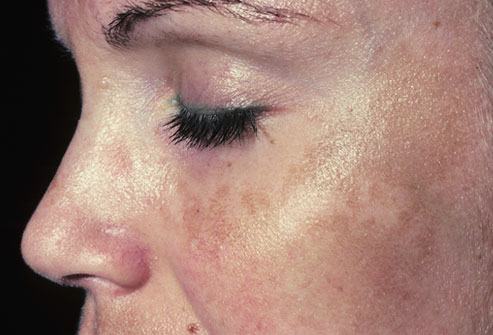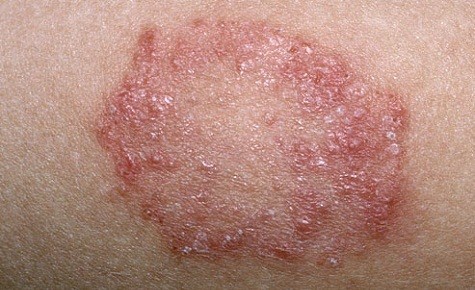Acne, also known as acne vulgaris, occurs when dead skin cells, bacteria and oil from the skin clog hair follicles. Typical features of the condition include blackheads or whiteheads, pimples, oily skin, and possible scarring. Teenagers and young adults most often get acne, but it can also occur during adulthood for many people.
Treatment is available to clear acne from your skin and prevent scarring.

Dark spots on face can be a sign of Aging and constant exposure to sunlight. Early diagnosis and treatment can efficiently treat hyperpigmentation ( melasma, freckles, post inflammatory hyperpigmentation) and prevent development of new ones.

Fungal infections, or mycosis, are diseases caused by a fungus (yeast or mold). Fungal infections are most common on your skin or nails.your skin can look red, swollen or bumpy.

Hair loss (alopecia) can affect just your scalp or your entire body, and it can be temporary or permanent. It can be the result of heredity, hormonal changes, medical conditions or a normal part of aging.
Dandruff is a common condition that causes the skin on the scalp to flake. It isn't contagious or serious. But it can be embarrassing and difficult to treat.
More than 30 different bacteria, viruses and parasites are known to be transmitted through sexual contact, including vaginal, anal and oral sex. Some STIs can also be transmitted from mother-to-child during pregnancy, childbirth and breastfeeding. Eight pathogens are linked to the greatest incidence of STIs.
Of these, 4 are currently curable: syphilis, gonorrhoea, chlamydia and trichomoniasis. The other 4 are incurable viral infections: hepatitis B, herpes simplex virus (HSV), HIV and human papillomavirus (HPV).
STIs can have serious consequences beyond the immediate impact of the infection itself.
Although all the Sexually Transmitted Infections cannot be treated with prescription medicines prompt diagnosis and treament can help in the long run.

Lifestyle medicine is a medical specialty that uses therapeutic lifestyle interventions as a primary modality to treat chronic conditions including, but not limited to, cardiovascular diseases, type 2 diabetes and obesity.
Applying the six pillars of lifestyle medicine—a whole-food, plant-predominant eating pattern, physical activity, restorative sleep, stress management, avoidance of risky substances and positive social connections—also provides effective prevention for these conditions
Copyright © 2024 Hush Health. Design by : Dev Suchak